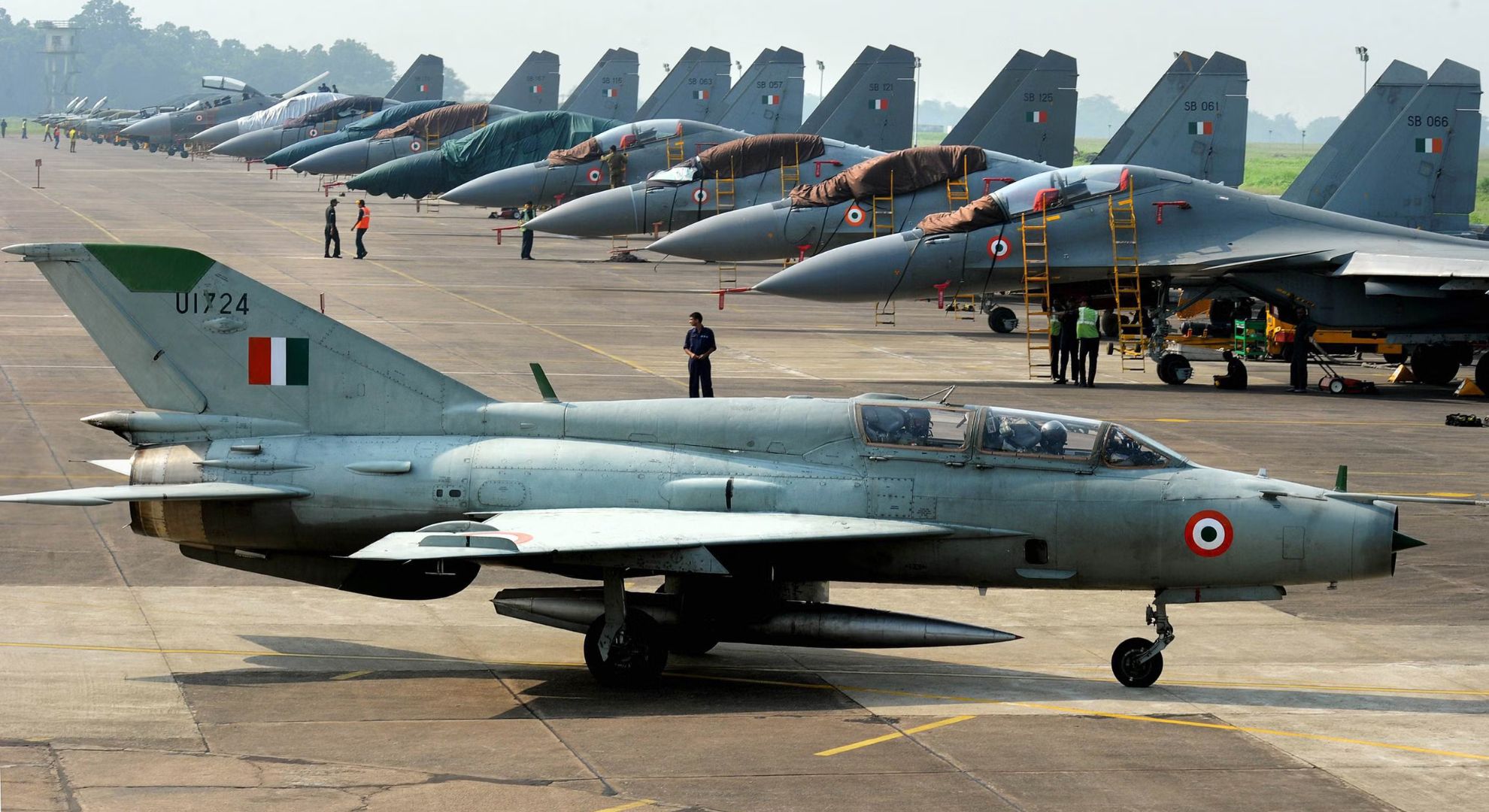
By DAYO ADESULU
Financing to Support Procurement of M346 Fighter Aircraft and Ammunition
The Federal Executive Council (FEC) has approved a substantial loan of **€443 million** and **$141 million** from a group of financiers to bolster the Nigerian Air Force’s capabilities. This funding will be utilized for the procurement of six **M346 fighter aircraft** along with necessary ammunition. The announcement was made by **Minister of Information and National Orientation, Mohammed Idris**, during a press briefing in Abuja following a FEC meeting chaired by President **Bola Tinubu**.
Enhancing National Defense Capabilities
Idris, who represented Minister of Finance **Wale Edun**, emphasized the significance of this loan in strengthening Nigeria’s defense apparatus. He stated, “The approval is part of broader efforts to boost Nigeria’s defense capabilities and ensure national security.” The first three fighter jets are anticipated to be delivered by early 2025, while the remaining aircraft are expected by mid-2026.
Agreements to Combat Double Taxation
In addition to the defense procurement initiative, the FEC approved agreements with **Hong Kong** and **Botswana** aimed at eliminating double taxation and preventing tax evasion. These agreements are expected to enhance economic cooperation between Nigeria and these jurisdictions.
Creative Economy Fund Established
Moreover, **Minister of Art, Culture, Tourism, and Creative Economy, Hannatu Musawa**, revealed the establishment of a **Creative Economy Fund**, designed to provide financial support to Nigeria’s thriving creative industry. The fund, supported by partners such as **Afreximbank**, which has committed **$200 million**, aims to offer essential resources to artists, innovators, and entrepreneurs within the creative sector.
Musawa highlighted the fund’s potential for job creation and economic growth, particularly among Nigeria’s youth. “This fund will allow the use of intellectual property as collateral, enabling the creative community to monetize their works,” she explained.
Conclusion
The FEC’s recent approvals reflect a strategic focus on enhancing Nigeria’s defense capabilities while also investing in the cultural and creative sectors. By positioning these areas as vital components of the nation’s development strategy, the government aims to foster a more secure and economically vibrant future for Nigeria.